Posts

The UCLA Black Feminism Initiative Offers A Much Needed Social Justice Perspective
The UCLA Newsroom recently spotlighted the UCLA Black Feminism…
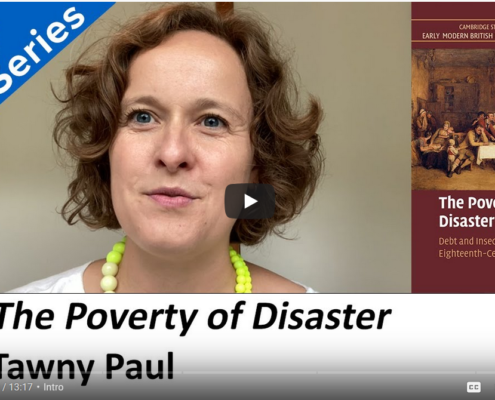
LA Social Science Book Series on the Poverty of Disaster with Dr. Tawny Paul
In the latest interview of the book series, we learn that…

CPL Releases New Research on the Lost Wages Assistance Program in California
The UCLA California Policy Lab (CPL) recently released a new…
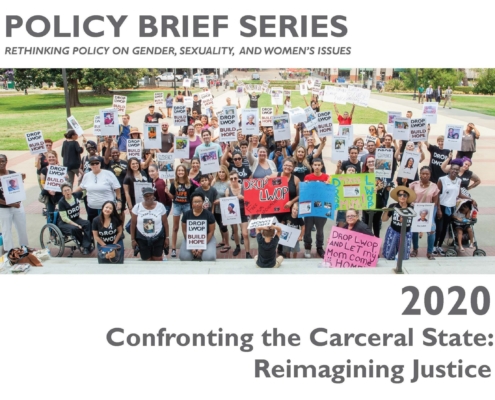
CSW Policy Brief Series 2020 Presents Confronting the Carceral State: Reimagining Justice
In 2019, the UCLA Center for the Study of Women (CSW) collected…

LA Social Science “Summer Take-Over” with Drs. Haley and Hong Discussing Abolition and Feminism
LA Social Science presents its first "Summer Take-Over" featuring…
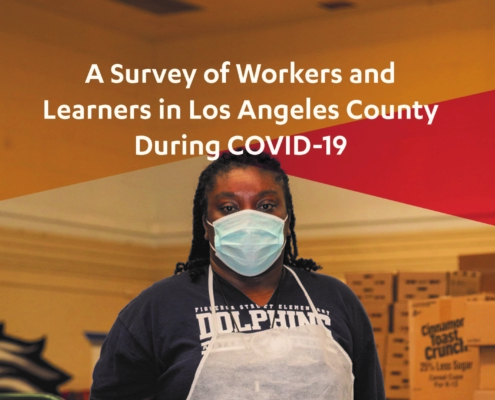
Workers and Learners’ Experiences in Los Angeles County
By Sophia L. Ángeles, Graduate Student Researcher; Janna Shadduck-Hernández,…

UCLA LPPI and Alianza for Youth Justice Release a New “Call to Action” Report on the Latinx Data Gap in the Youth Justice System
UCLA Latino Policy and Politics Initiative (LPPI) and the Alianza…
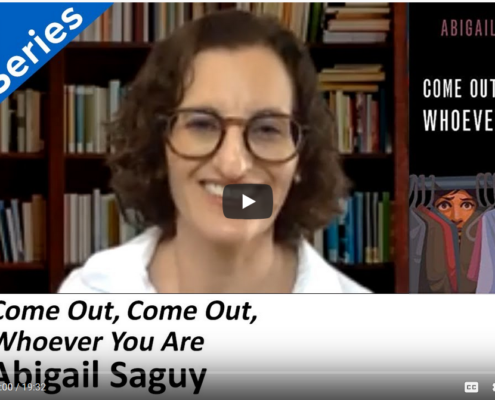
LA Social Science Book Series on Coming Out and Identity Politics with Dr. Abigail Saguy
In the latest session of the book series, Come Out, Come…

UCLA Faculty Share Insights on Historic VP Pick
The historic selection of Senator Kamala Harris, as the first…
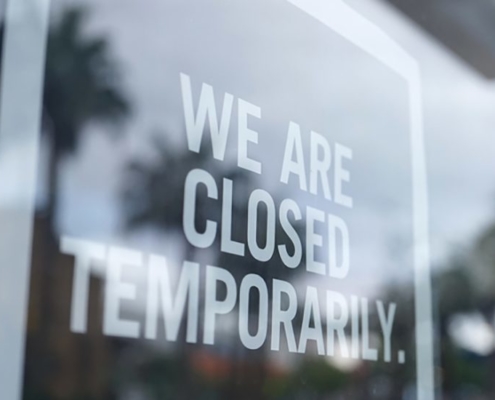
CPL Latest Brief Highlights Unemployment Insurance Claims in California During the COVID-19 Pandemic
Earlier this month, the UCLA California Policy Lab released their…

